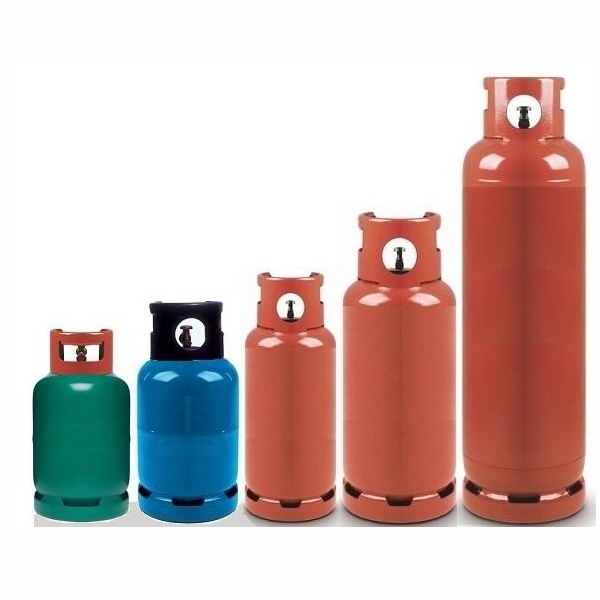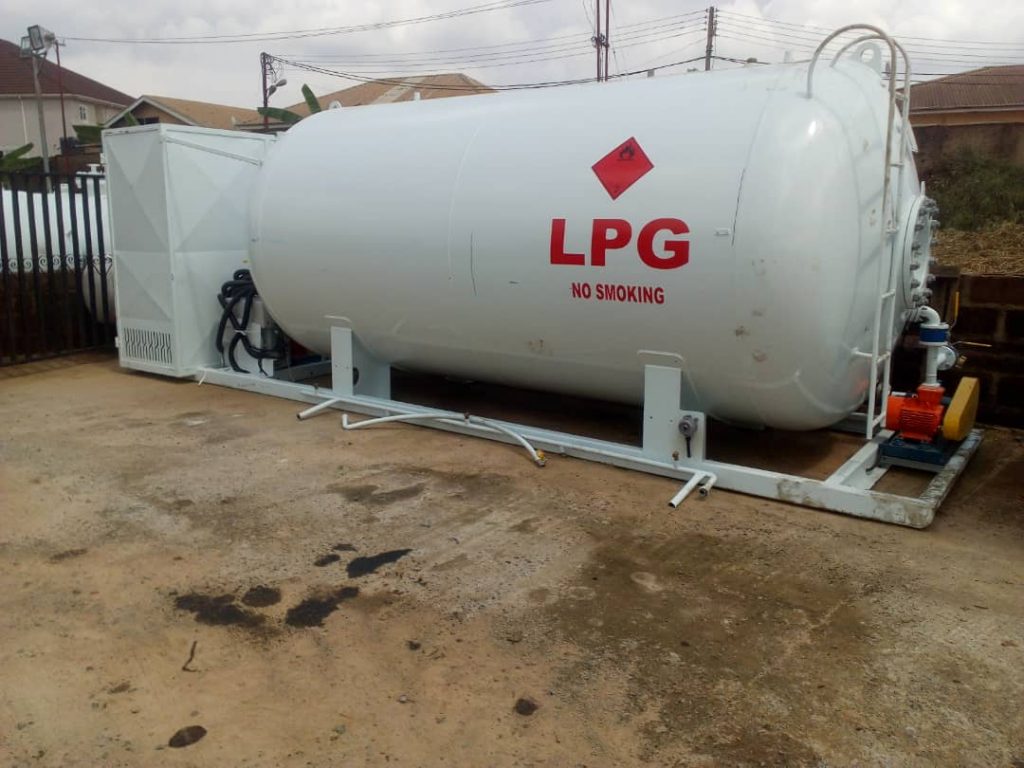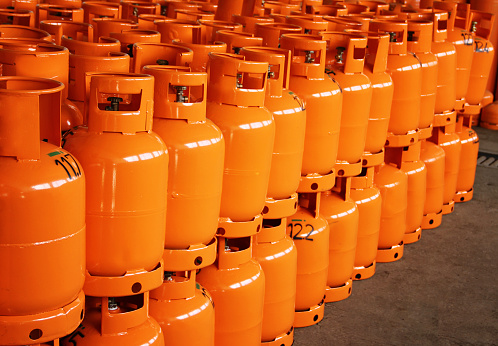The biggest news in a month of weighty African headlines was Jumia listing on the New York Stock Exchange.
After filing SEC IPO docs in March, the Pan-African e-commerce company’s shares began trading on the NYSE April 12, opening at $14.50 under ticker symbol JMIA. Jumia stock rose north of 70% on its first day of trading and started this week at $46.
With the public listing, Jumia became the first startup from Africa to list on a major global exchange. The IPO raised more than $200 million for the internet venture.
The listing created another milestone for Jumia. In 2016, the company became the first African startup unicorn, achieving a $1 billion valuation after a funding round that included Goldman Sachs and MTN.
Founded in Lagos in 2012 with Rocket Internet backing, Jumia now operates multiple online verticals in 14 African countries — from consumer retail to travel bookings.
Jumia has also opened itself up to Africa’s traders, with more than 80,000 active sellers on the platform.
Like Amazon, Jumia brings its own mix of supporters and critics. On the critical side, there are questions of whether it’s actually an African startup. The parent for Jumia Group is incorporated in Germany and current CEOs Jeremy Hodara and Sacha Poignonnec are French.
On the flip side, original Jumia co-founders (Tunde Kehinde and Raphael Afaedor) are Nigerian. The company is headquartered in Africa (Lagos) and incorporated in each country in which it operates (under ECART Internet Services in Nigeria). Jumia pays taxes on the continent, employs 5,128 people in Africa (page 125 of K-1) and the CEO of its largest country operation, Juliet Anammah, is Nigerian.
The Jumia authenticity and diversity debates will no doubt continue. But the biggest question — the driver behind the VC, the IPO and demand for Jumia’s shares — is whether the startup can produce profits. The company has generated years of losses, including negative EBITDA of €172 million in 2018 compared to revenues of €139 that same year.




